Charlemagne: The Father of Europe
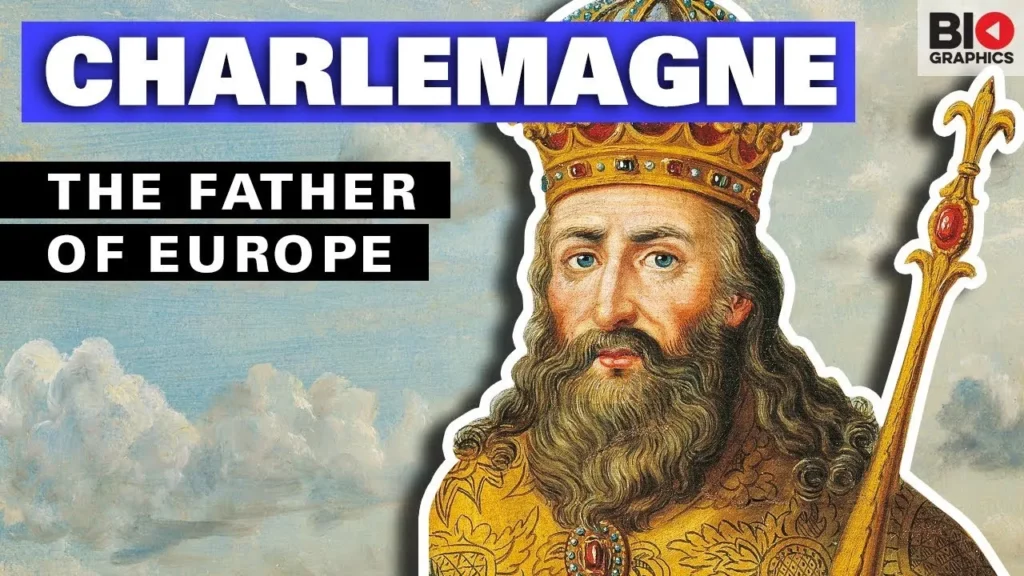
The lesson on Charlemagne, known as the Father of Europe, explores his rise to power following the fall of the Roman Empire and his significant impact on Western Europe. Through military conquests and administrative reforms, Charlemagne unified the Frankish kingdom, expanded its territories, and initiated the Carolingian Renaissance, which revived education and culture. His legacy includes the establishment of a more cohesive Europe and the foundations for modern nation-states, marking a pivotal transition from the Dark Ages.
Vidkun Quisling: The Man Who Sold his Country to the Third Reich
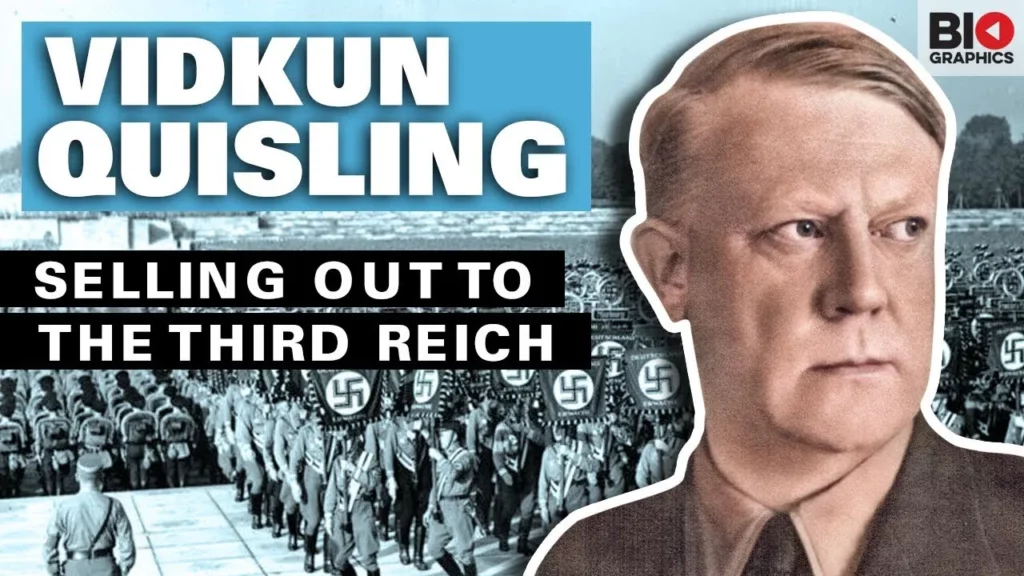
The lesson explores the life and actions of Vidkun Quisling, a Norwegian politician who collaborated with Nazi Germany during World War II, ultimately becoming a symbol of betrayal. It highlights his rise to power, the establishment of a puppet government, and the widespread resistance he faced from the Norwegian populace, as depicted in John Steinbeck’s novel *The Moon is Down*. Quisling’s legacy serves as a cautionary tale about the consequences of treachery and the moral resistance embodied by figures like Mayor Orden in Steinbeck’s work.
Robert Hanssen: The FBI Mole who Spied for the KGB
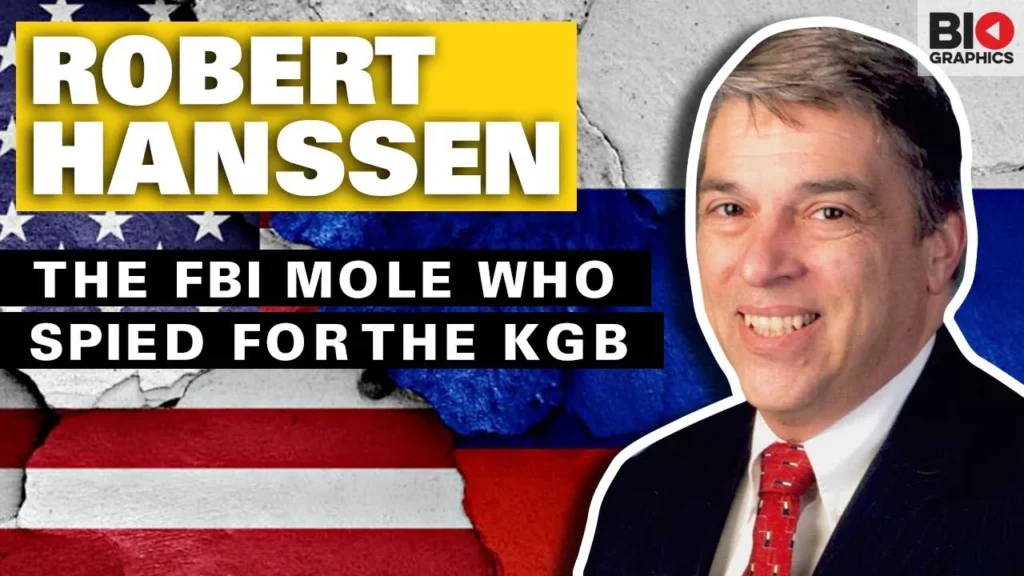
The lesson on Robert Hanssen explores the complex motivations behind acts of treason, encapsulated in the acronym ‘MICE’—Money, Ideology, Compromise, and Ego. Hanssen, an FBI agent who betrayed his country by selling secrets to Soviet and Russian intelligence, exemplifies how personal trauma, a desire for excitement, and financial pressures can drive individuals to commit espionage. His case highlights the vulnerabilities within intelligence agencies and serves as a cautionary tale about the factors that can lead to betrayal.
Robert Mugabe: Zimbabwe’s Downward Spiral
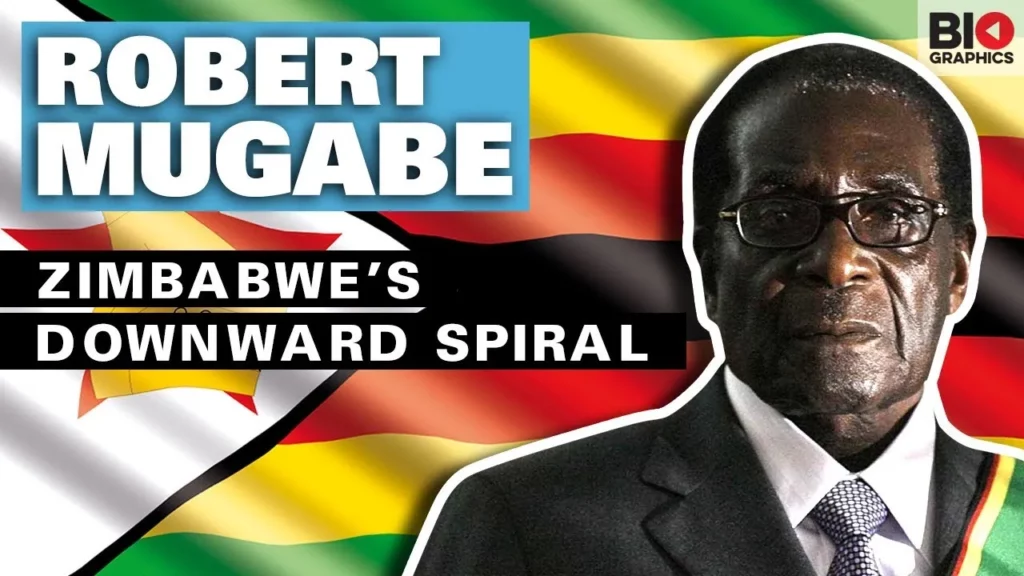
Robert Mugabe’s legacy is a complex interplay of heroism and tyranny, as he is remembered both as a champion of anti-colonialism and a dictator responsible for significant human rights abuses and economic decline in Zimbabwe. His early political activism and leadership during the liberation struggle earned him initial popularity, but his later years were marked by autocratic rule, violent repression, and disastrous economic policies, culminating in hyperinflation and widespread poverty. Ultimately, Mugabe’s life reflects the duality of a leader who fought for independence yet left a nation grappling with the consequences of his governance.
Copernicus: A Revolution of Astronomical Proportions
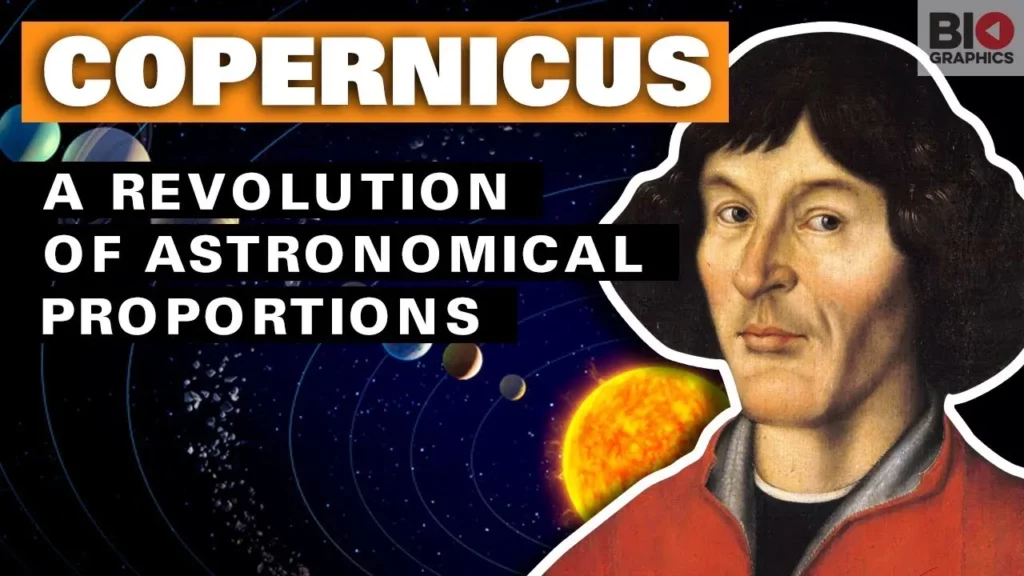
The lesson on Nicolaus Copernicus highlights his revolutionary contribution to astronomy through his 1543 work, *De revolutionibus orbium coelestium*, which introduced the heliocentric model, placing the Sun at the center of the Universe. Despite initial resistance, Copernicus’s ideas challenged the long-standing geocentric view and laid the foundation for modern astronomy, influencing future scientists like Galileo and Kepler. His work marked a significant shift in humanity’s understanding of the cosmos, ultimately reshaping the field of astronomy.
Bass Reeves: The Lone Ranger
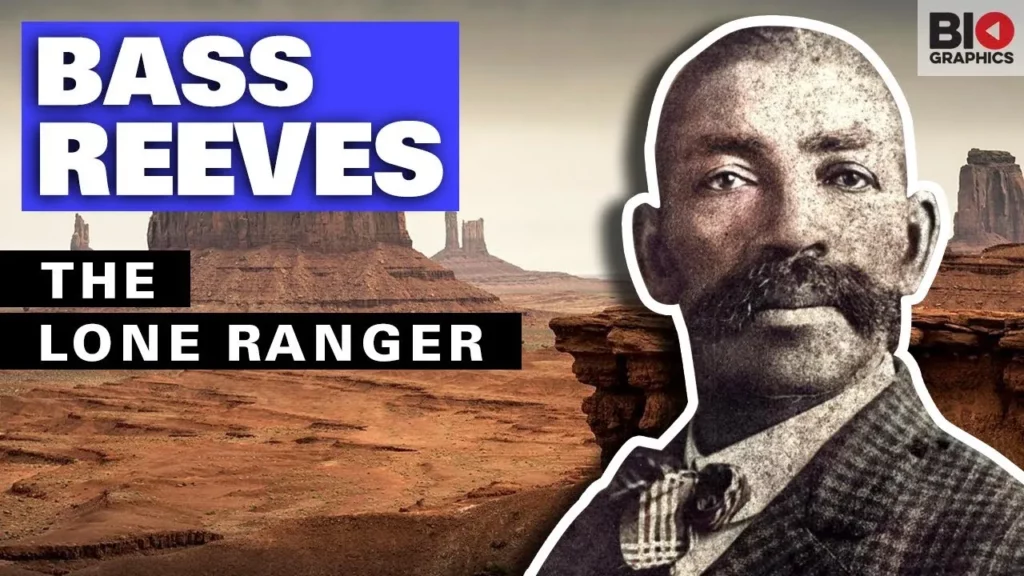
The lesson on Bass Reeves highlights the life and legacy of the first Black Deputy U.S. Marshal west of the Mississippi River, who became a legendary figure in law enforcement during the late 19th century. Born into slavery, Reeves escaped to freedom and utilized his unique skills and knowledge of the Indian Territory to make over 3,000 arrests, earning a reputation for bravery and clever tactics despite facing racial prejudice. His remarkable story, often associated with the mythos of the Lone Ranger, underscores his significant contributions to justice and law enforcement in a tumultuous era.
Oskar Schindler: War Profiteer, Traitor… and Europe’s Greatest Humanitarian
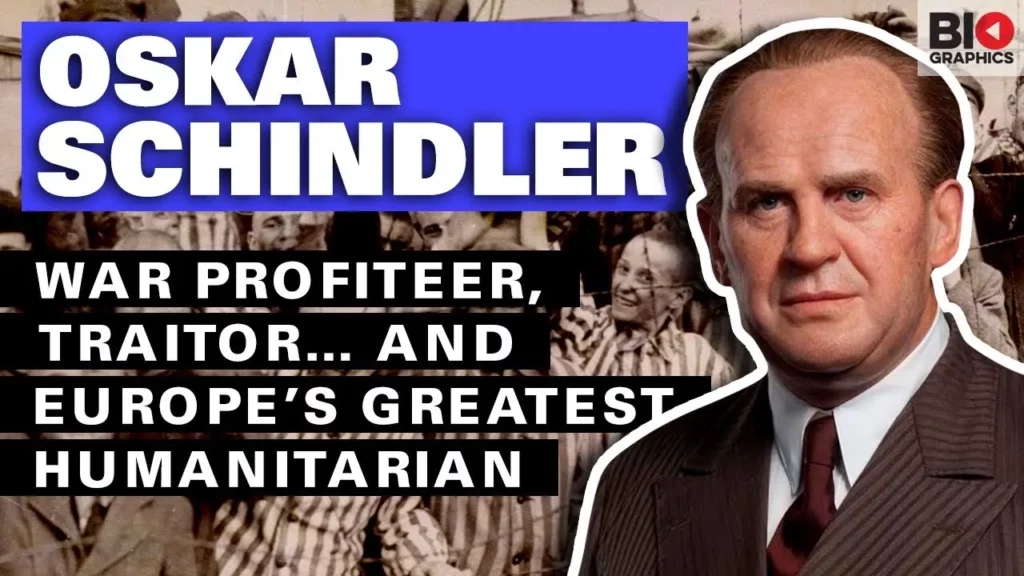
Oskar Schindler, initially a war profiteer and spy, transformed into a heroic humanitarian during the Holocaust by saving over 1,000 Jews through his enamel factory in Krakow. His journey from a businessman aligned with the Nazis to a protector of lives highlights the complexity of human character and the capacity for redemption. Schindler’s legacy serves as a poignant reminder that individual actions can profoundly impact the course of history, even amidst moral ambiguity.
Fredericka “Mother” Mandelbaum: New York’s First Female Crime Boss
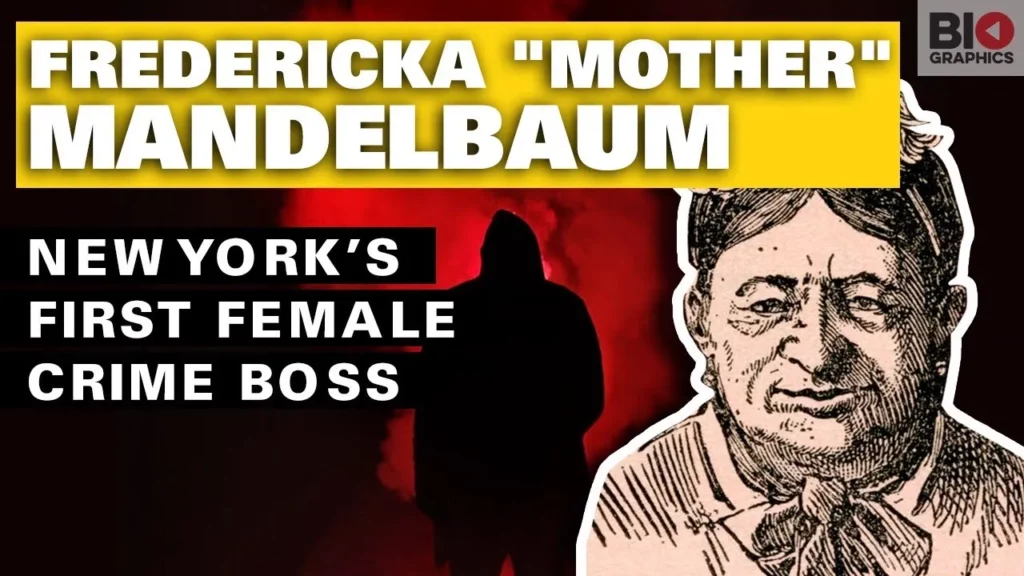
Fredericka “Mother” Mandelbaum emerged as New York’s first female crime boss in the mid-19th century, establishing a vast criminal empire by leveraging her business acumen and extensive network of corrupt officials. Initially an immigrant street peddler, she capitalized on economic turmoil by buying stolen goods and even opened a school for young criminals to ensure a steady supply of skilled thieves. Despite her illegal activities, Mandelbaum was known for her generosity and community involvement, allowing her to maintain her influence until her eventual downfall in the 1880s when law enforcement finally infiltrated her operations.
Michel de Nostradame: AKA Nostradamus

The lesson explores the life and legacy of Michel de Nostradame, commonly known as Nostradamus, a 16th-century French physician and occultist famous for his cryptic prophecies in “Les Propheties.” Born into a Jewish family and educated in medicine, he gained recognition for his innovative approaches to treating the plague before shifting his focus to astrology and divination following personal tragedies. Nostradamus’s predictions have sparked intrigue and debate over the centuries, with some interpretations linking them to significant historical events, highlighting the enduring human fascination with prophecy and the mystical.
Neil Armstrong: Anything is Possible
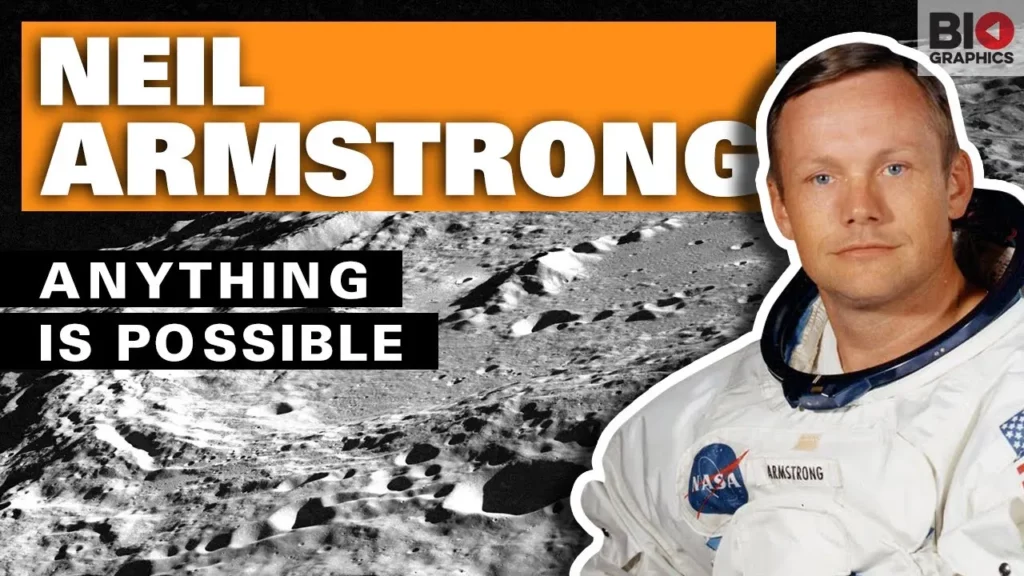
The lesson on Neil Armstrong highlights his remarkable journey from a qualified pilot to a legendary astronaut, culminating in his historic moon landing in 1969. Despite facing personal tragedies and challenges, including a delayed application to NASA and the loss of his daughter, Armstrong’s determination and humility defined his legacy as an inspiration to many. His passing in 2012 sparked legal disputes over alleged malpractice, but his contributions to space exploration and his iconic words during the moon landing continue to resonate as a testament to human ingenuity and perseverance.